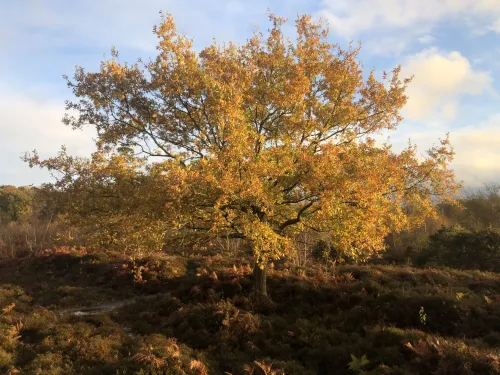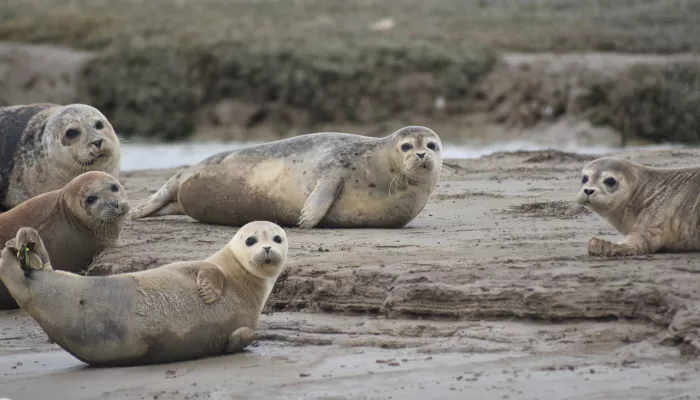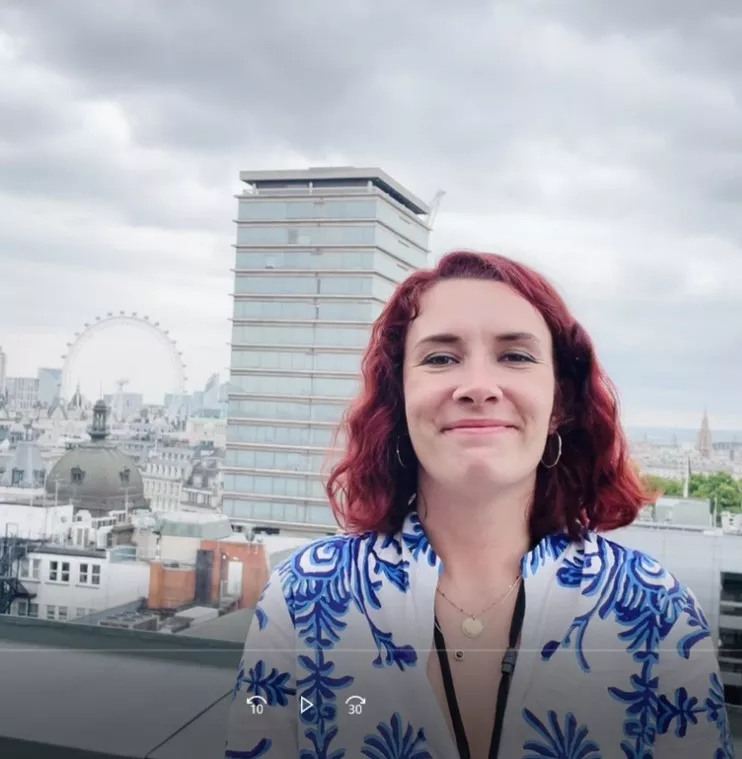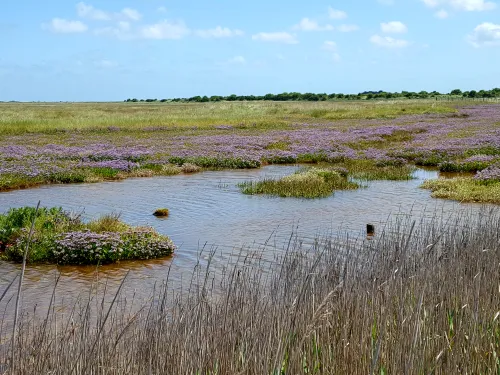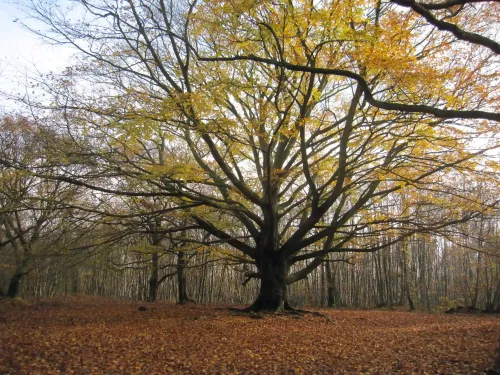What work are Vattenfall currently doing?
Environmental Impact Assessments are completed during the planning process prior to granting permission to build an offshore wind farm. This is to identify potential positive and negative impacts on the environment. In addition, a range of monitoring is usually undertaken during construction, and once the wind farm is built, so that the predicted impacts can be checked and reported on.
An example of this can be seen at Vattenfall’s Thanet Offshore Wind Farm near Ramsgate, where monitoring of the seabed (benthic monitoring) has been completed over a number of years since the wind farm became operational. It has been found that the seabed community has changed slightly over time, with an increase in individual species. This change has happened both within the wind farm area and also at reference points outside the wind farm, suggesting the change is not due to the wind farm itself. It is often not possible to put the change down to a single factor. It could have been due to an increase or decrease in predators, food availability and storm frequencies. Natural changes, such as bottom water temperature, bottom water salinity and tidal stress and sediment deposition rates could have also been a factor.
Vattenfall will complete a third year of benthic surveys later in 2022, following which, further analysis on any patterns of seabed composition and other metrics can be investigated further to determine if any long term trends can be identified. Additional information around Vattenfall and the work they do in Kent can be found on their website here: www.vattenfall.co.uk/vattenfallinkent
